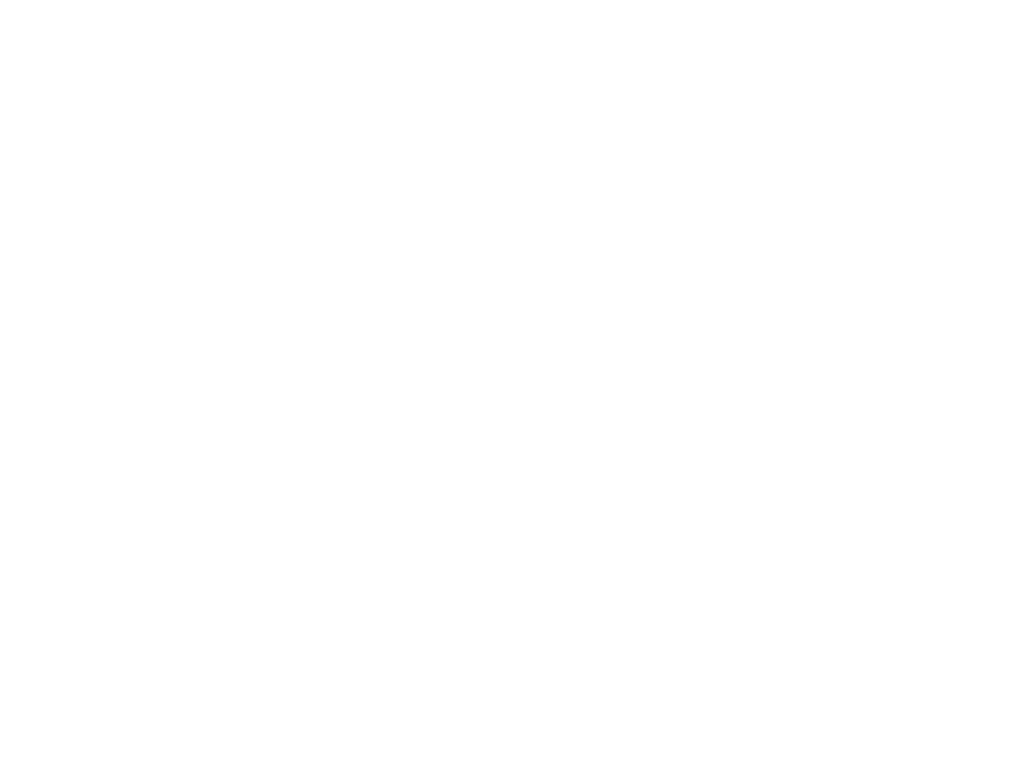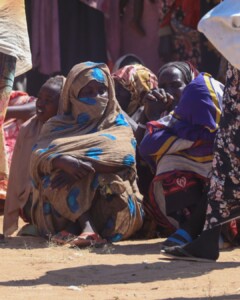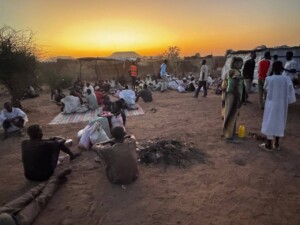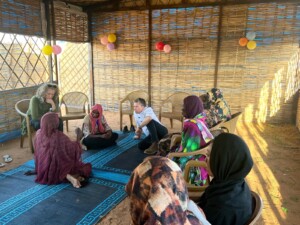No COVID-19 lockdown in Sudan
The Sudanese government does not seek to impose a second lockdown to prevent the spread of COVID-19, although the second wave of the corona pandemic is more severe in Sudan than the first.
 Streets in Khartoum during the dusk-to-dawn curfew in March (Social media)
Streets in Khartoum during the dusk-to-dawn curfew in March (Social media)
The Sudanese government does not seek to impose a second lockdown to prevent the spread of COVID-19, although the second wave of the corona pandemic is more severe in Sudan than the first.
Prime Minister Abdallah Hamdok said this during an interview with the national Sudan satellite TV channel yesterday.
The final decision about a second lockdown is linked to the development of the pandemic. Hamdok said he hopes that his government will not be forced to impose a second lockdown as the first lockdown had a huge negative impact on the Sudanese economy and the living conditions of the people. Also, it reduced state revenues by 42 per cent.
The PM admitted that the pandemic causes problems in hospitals and for health care personnel at this moment. He also said that Sudan is hit harder by the pandemic because of its “extremely weak health care sector”.
Hamdok denied the government plans to lift subsidies on medicines. He stated that an agreement has been reached with the Central Bank of Sudan to provide $55 million in foreign currencies to support both the production of medicines in Sudan and to import medicines.
The High Committee for Health Emergencies issued several recommendations to combat the spread of the coronavirus in the country yesterday.
The classes for the exam students of the basic and secondary schools, that have already started with the new school year, must be suspended. The percentage of people working at government departments, institutions, and private companies should be reduced from 70 per cent to 50 per cent. Employees and civil servants older than 55 years and those with chronic diseases must be granted paid leave. Mosques should tighten health precautions, such as an obligation to wear face masks, holding prayers in open spaces, and shortening prayers and the Friday sermon.
The University of Khartoum, the Sudan University of Science and Technology, El Ahfad University for Girls, the University of Bahri and the Wadi El Neel University have suspended studies due to the increasing number of infections.
The Sudanese Congress Party called for “a smart closure” of the country by preventing gatherings and imposing a curfew from 18:00, as “a complete lockdown is not appropriate in light of the pressing economic situation and dire living conditions”.
COVID-19 statistics
The Sudanese Ministry of Health posted the latest COVID-19 numbers this morning.
Between Tuesday and Friday, 223 new coronavirus patients were officially recorded in the country, 216 in Khartoum, three in Sennar, two in Red Sea state, and one in El Gezira and River Nile state.
The total number of registered COVID-19 cases since the beginning of the pandemic in Sudan reached 17,627. At least 1,241 people died, and 10,208 recovered. Doctors in Sudan say that “the real number of cases is much larger”.
The Sudanese Professionals Association (SPA) considers COVID-19 a national security threat. “The new cases announced by the ministry in its regular reports do not reflect the real epidemiological situation”, the SPA said in a statement on November 22. “The cases registered in private laboratories are not included in the official figures, while the government has no plans to correct this.”
Radio Dabanga’s editorial independence means that we can continue to provide factual updates about political developments to Sudanese and international actors, educate people about how to avoid outbreaks of infectious diseases, and provide a window to the world for those in all corners of Sudan. Support Radio Dabanga for as little as €2.50, the equivalent of a cup of coffee.












 and then
and then